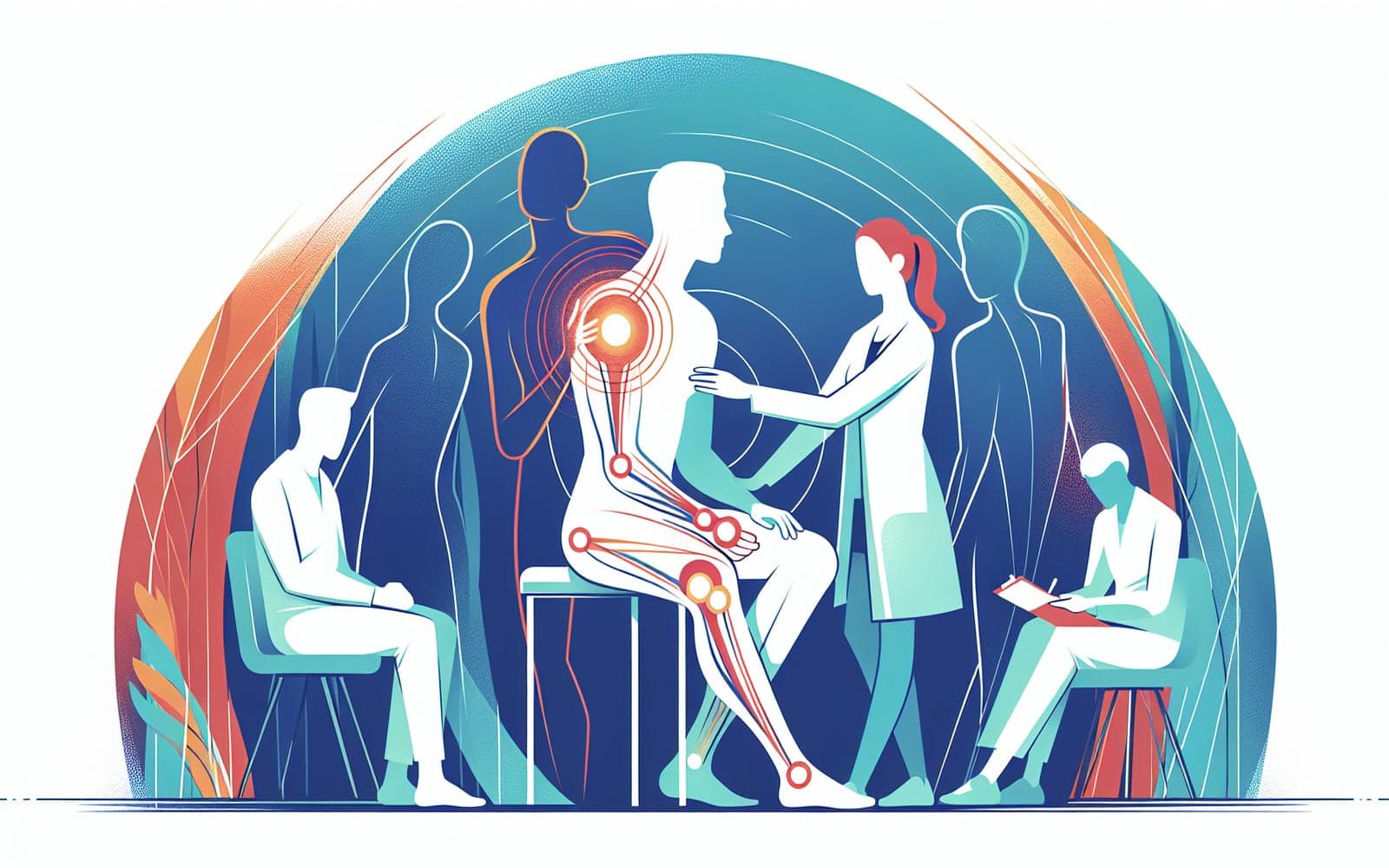What Is Tendinopathy and Why Does It Hurt?
Published: Nov 06, 2023
Tendinopathy is a common condition that can cause persistent pain and impact your daily life. Understanding what it is and how it occurs can help you manage or prevent it.
Contents
Defining Tendinopathy
Tendinopathy is a clinical syndrome characterized by persistent, localized pain in tendons. It is often a result of repeated mechanical loading, which is why it's sometimes called 'overuse tendinopathy.' Unlike a tendon rupture, tendinopathy involves a structurally intact but symptomatic tendon. This condition can significantly affect your ability to perform daily activities and can be difficult to manage if not addressed early.
Pathophysiology: More Than Just Inflammation
Historically, tendinopathy was believed to be an inflammatory condition, hence the term 'tendinitis.' However, research shows it's more about a failed healing response in the tendon. Surgical biopsies reveal minimal inflammation but show degenerative changes due to repeated stress. This understanding has shifted the focus from anti-inflammatory treatments to therapies supporting tendon healing and recovery.

Symptoms and Diagnosis
The primary symptoms of tendinopathy include pain with tendon loading and tenderness at the affected area. Imaging studies like ultrasound and MRI can confirm the diagnosis by showing characteristic changes in the tendon structure, such as thickening and increased blood flow. Early diagnosis and intervention are key to managing symptoms and preventing progression.
Frequently Asked Questions
Tendinopathy is a condition marked by chronic tendon pain due to overuse.
It's primarily a degenerative condition with minimal inflammation.
Imaging studies like ultrasound and MRI are used for diagnosis.
Pain during tendon loading and tenderness are common symptoms.
Key Takeaways
Could understanding tendinopathy's true nature lead to better management strategies?
Try it out: Learn more about tendinopathy and how to manage it with Doctronic's help.Related Articles
References
Khan KM, Cook JL, Kannus P, et al. Time to abandon the "tendinitis" myth. BMJ 2002; 324:626.
Scott A, Backman LJ, Speed C. Tendinopathy: Update on Pathophysiology. J Orthop Sports Phys Ther 2015; 45:833.
Always discuss health information with your healthcare provider.